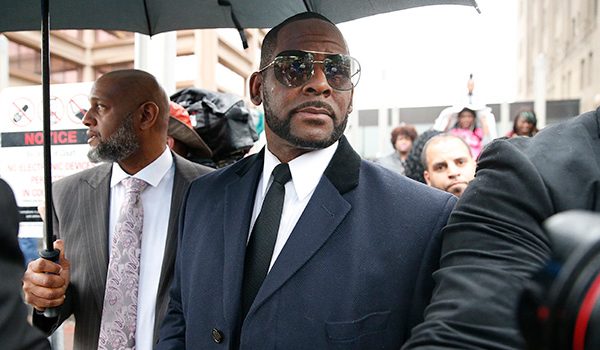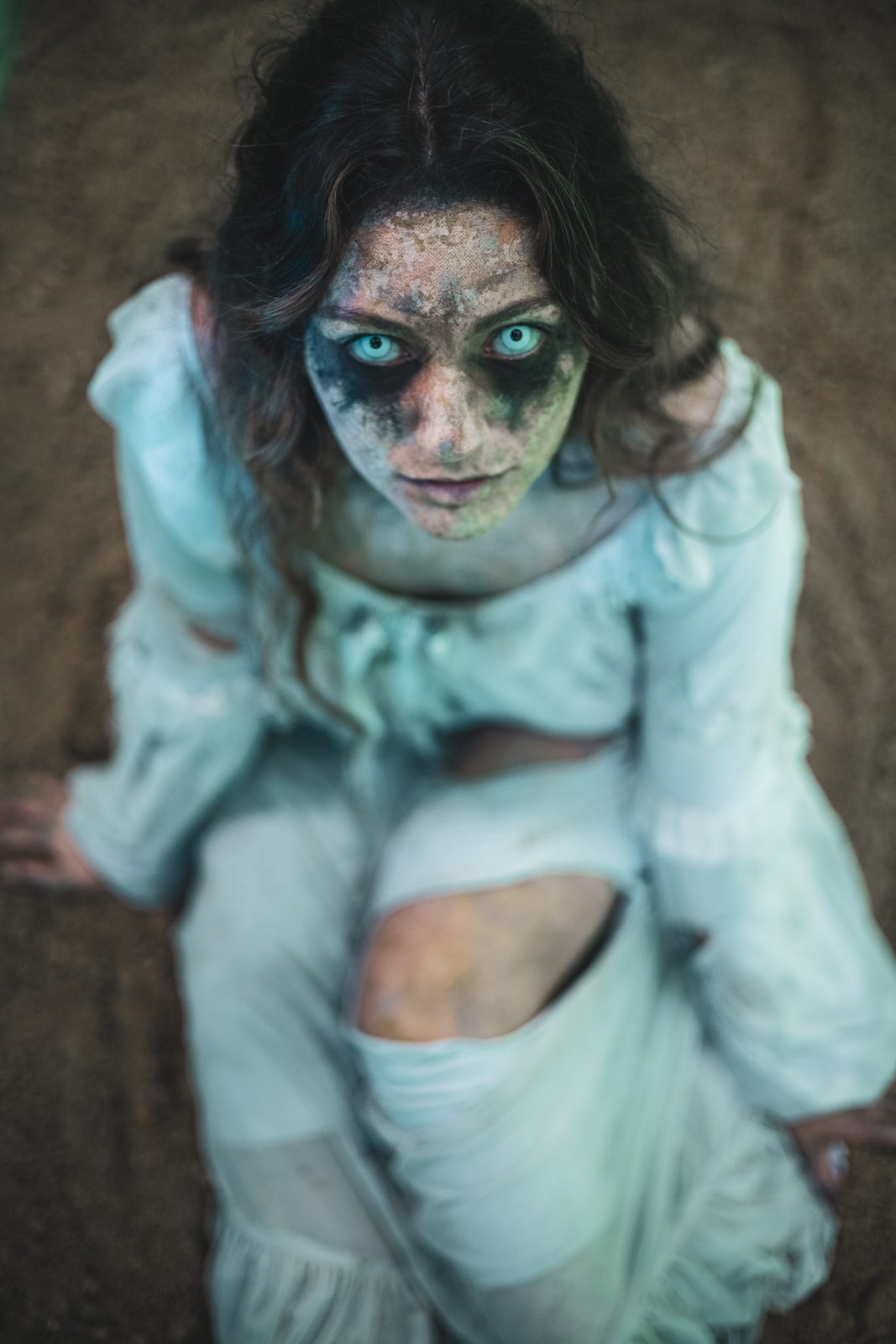There are absolutely no words to describe the suffering and the pain that the Swedish-born actress Frida Farrell faced a little over 16 years ago in a Harley Street flat when she was sold as a sex slave. Now, not only is she speaking out against this evil but she is a fighter against sex trafficking. In addition, she turned her real-life story into a film called Apartment 407, which was slated for release on Tuesday, November 6th, on Amazon.com. When Frida is not busy acting, she is being a voice for other sexual assault survivors and combating sexual harassment in the workforce as well as on college campuses. We chatted with Frida Farrell about the film, the message that she hopes audiences take away from it and her role as a human rights activist.
Cliché: What was the experience like working on Apartment 407?
Frida Farrell: The experience on Apartment 407 was great and it was one of the hardest roles that I’ve ever done. It is difficult to play a role in real events that deal with sex trafficking.
Was the process of writing and starring in a film based on your own horrific experience challenging? How did you mentally prepare yourself before shooting the film?
It was very challenging. I think it was the most challenging thing for me besides having a baby.
I actually tried to ignore the horrific tragedy that happened to me until the first day of shooting the film on set. Once I got on set, I thought, ‘Oh crap, I got to do this now.’ After that, I tried to remove everything about myself including the terrible experiences that I encountered and just play the character.
Why should people go see Apartment 407? What’s the message that you hope people take away from the film?
People should go see Apartment 407 because it is a topic that needs to be broader and talked about. In addition, some people don’t actually know what goes on in the underworld. This film shows how easy it is for a woman to be taken and how nasty some people can be.
First off, if a woman has been raped, she is not a victim, rather she is a survivor. The message that I hope people take away from the film is that it’s okay to talk about your traumatic experience and I don’t want women to feel embarrassed, ashamed, or alone in their misery. Instead, I want them to be inspired so that they can talk about what happened and get over it and then move on with their life.
What’s your message to other victims of sexual assault on coping with a traumatic experience?
My message to victims of sexual assault is that they are not alone and that there are other people like them. Also, if you talk about your traumatic experience then everything will be alright.
Can you talk about the ways in which you have continued to stay strong after what happened to you?
I was silent for 10 years and didn’t tell anybody what happened to me. I tried to ignore my traumatic experience but it never goes away. Most often, women blame themselves so I’ve learned to just deal with it and not feel embarrassed to share my story.
Can you talk about your role as a human rights activist?
I would like to take this film and go to universities or colleges and show the early 20-year-olds the film and screen it there so that they can be educated and aware of human sex trafficking.
What was the transition like leaving home at an early age to pursue a modeling career?
At the time, I didn’t think so much of it, although I felt fine doing it. However, I didn’t see the danger of living on my own in another country at a very young age until I was in the middle of it. But if I was 16 years old today, I wouldn’t have thought about that in a million years.
What inspired you to get involved with acting?
It was a long time ago when my grandmother took me to see Romeo and Juliet when I was six-years-old, and I was mesmerized by the artists on the stage. I thought, “Wow, I want to do that one day.” I also wanted to be a ballet dancer but I broke my knee when I was 11 years old. So I decided to transition over to the theater because I wanted to make good money, and eventually, I fell in love with theater.
When looking back on your career, who was the person who helped guide you to get you to where you are now?
Nobody. I didn’t have a mentor who would be able to answer any acting questions or give me any sort of advice. I did it all on my own. I wish I had a mentor. It was when 13 years ago when I arrived at LAX airport with four bags alone and rented a car and also living in the car until I found a place to live.
What are some things you enjoy doing outside of acting?
I love seeing movies. Before I had my daughter, I would see three movies a week in theaters. I also like to work with music and enjoy singing.
Are there currently any future projects that you are working on or will be working on?
Yes. I have my own film company called Development Hell Pictures. I have a film called Apartment 407 that was slated for release on Tuesday, November 6th and the film can be purchased on Amazon.com. The film is based on my own personal story of the horrific events that I have gone through, including sex trafficking. My next film project is called Albert, a dramedy which will be shot in London sometime next year in the spring.
Is there anything else you would like to add or say?
The film Apartment 407 is shot in a way that when Isobel gets locked in the room the audience will get a sense of exactly how she was feeling in the room with no cuts in-between that scene. I also want the audience to actually feel the pain and sadness that Isobel was feeling in that moment locked in the room.
Read more Entertainment articles at ClicheMag.com
Swedish-Born Actress Frida Farrell Talks Starring in ‘Apartment 407’ and Fighting Human Trafficking. Image Credits: Bobby Quillard; Hair: Kina Walker; Makeup: Ashley Donovan; Stylist: Lauren Taylor





